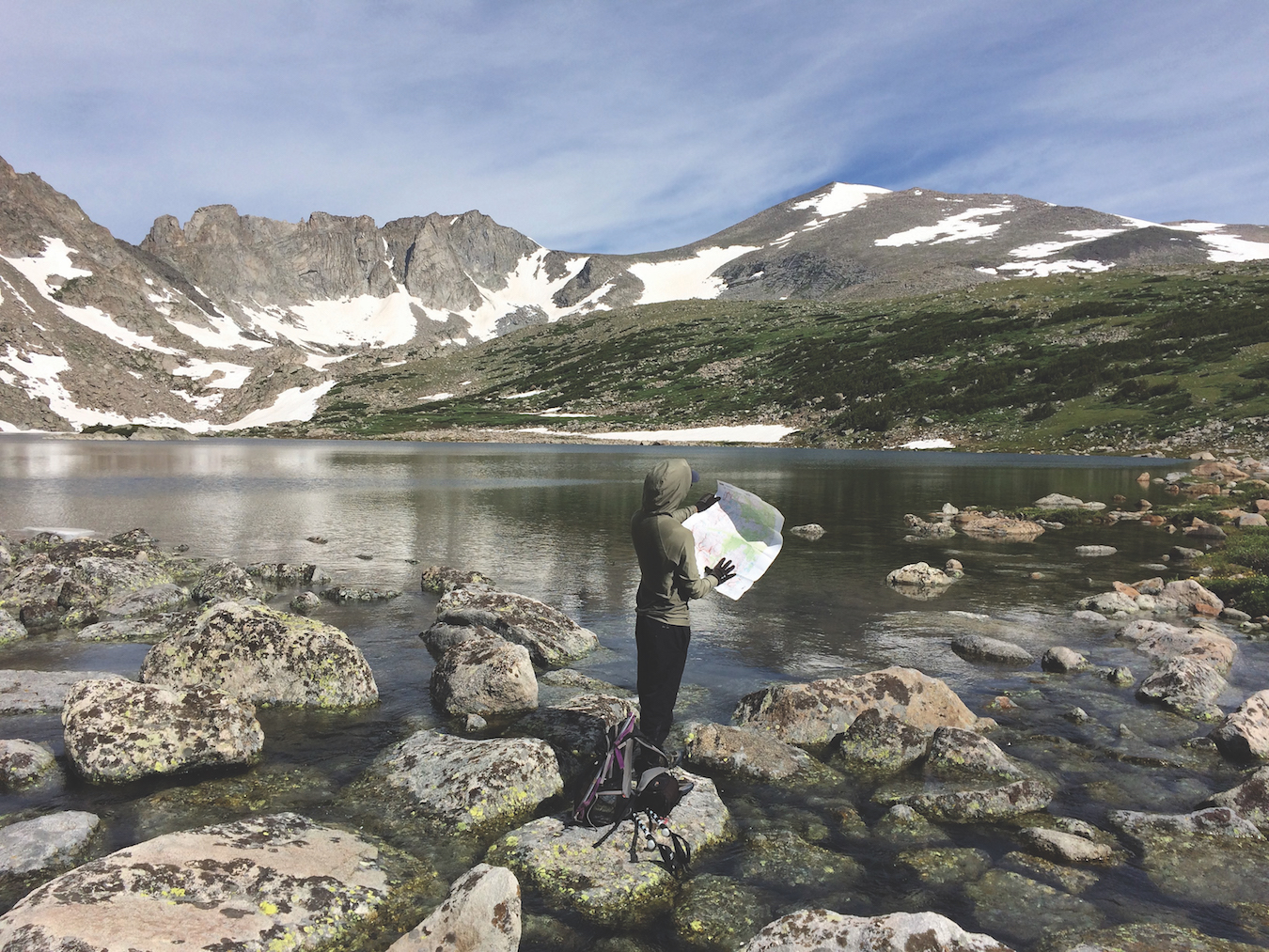In the Winter 2020 issue of Frontline, we address the future of Wyoming in the context of the ever-growing threat of climate change, and the associated impacts that market shifts are having on our communities.
Our state’s budget and local government revenue have long been dependent on taxes and royalties that flow from extracting coal, oil, and natural gas. As U.S. consumers and markets respond to irrefutable scientific data linking fossil fuel emissions to a warming climate, and with more competitive and abundant natural gas production in other states, Wyoming’s primary revenue streams will continue to wane.
What does this mean for conservation? For one thing, state agencies like the Department of Environmental Quality will continue to have to work with shrinking budgets. Last month, we urged Gov. Mark Gordon not to cut funding for an air quality inspector — a position desperately needed in Sublette County with its dangerous spikes in ground-level ozone — from the state’s proposed budget.
For another, it means short-sighted ideas — ideas inspired not by what’s best for Wyoming, but rather by the prospect of quick income — will gain traction. Bills that would transfer our public lands to the state or invite storage of the nation’s nuclear waste are two recent examples of this type of thinking we’ve worked successfully to defeat.
The economic vulnerability of a state so reliant on one sector also means that decision makers are more susceptible to industry lobbyists who promise increased revenues and new jobs, while demanding fewer regulations. How else to explain the state’s ambivalence about a proposal to discharge 8 million gallons a day of oil and gas wastewater into Boysen Reservoir and its tributaries — threatening downstream drinking water and the Wind River’s prized fishery? Or the proposed legislation based on a wish list from the petroleum industry that would take away the Game and Fish Department’s authority to identify big game habitat? Or the Wyoming State Legislature’s attack on rooftop solar — the fastest growing industry in the nation?
As national and global markets shift away from coal and other fossil fuels, Wyoming will be dealt a significant blow not only to our state’s budget, but also to families and communities who have built livelihoods and identities around this once-thriving industry. Wyoming governors, at least since the 1970s, have talked about the need to diversify the state’s economy. We understand that, if this were easy, it would have already been done.
We at the Wyoming Outdoor Council certainly don’t have all the answers. That’s one of the reasons we asked several guest authors to give us their perspectives on the future they see for Wyoming.
What we do know is this: We can’t ignore the reality of climate change. We have to support our friends and neighbors who have lost jobs and whose communities are struggling. And, as we look for answers to our state’s economic challenges, we can’t sacrifice our public lands, our wildlife, or our clean air and water in the process.
As the Code of the West wisely reminds us: We have to know where to draw the line. We also need to remember that some things aren’t for sale.
Throughout 2020 and beyond, we’ll continue to invite perspectives on these topics — dedicating space on our website and on social media for discussion. We’ll begin conversations in communities around the state and engage decision makers. With support and input from our members, we’ll address topics like our state’s tax structure, ideas for sustainable revenue generation, economic diversification, and initiatives that ensure that Wyoming remains a place where people want to live and can make a living. And we’ll never lose sight of our mission to protect Wyoming’s environment and quality of life now and for future generations.
We’re all in this together — all of us who live in and love Wyoming — and it’s up to all of us to demand that our elected officials help us chart a courageous path forward. I welcome your thoughts and am grateful for your continued support of the Wyoming Outdoor Council.

